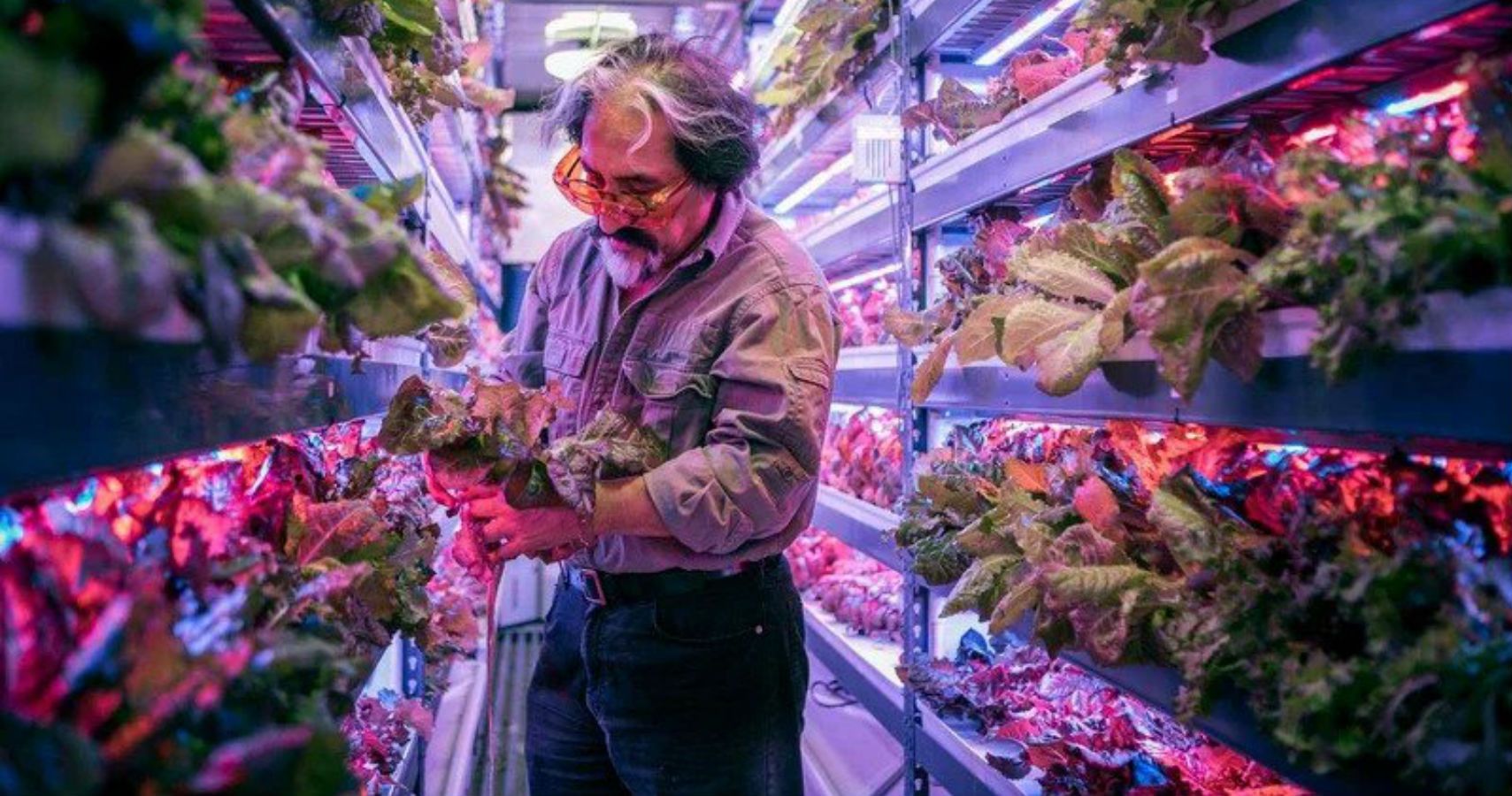Emirates is in the process of building and filling the biggest vertical farm in the world which will grow food for its in-flight meals.
If you're anything like us then where and what you eat means a great deal to you, and selecting where you eat when venturing out can often be quite the process. There are some instances in life though where your food options are extremely limited. Places like hospitals and on airplanes. When it comes to both of those, the limited options are normally pretty poor.
That may be about to change for one airline in particular though. That airline is Emirates. The company is creating a massive indoor farm in Dubai, the produce from which will feed the hungry passengers on its flights. It will be a vertical farm that rises high into the sky of Dubai and will be the biggest of its kind in the world, growing up to 900 acres of fresh food.
As reported by Gulf News, the venture is a joint one between Emirates Flight Catering and Crop One Holdings. As well as producing a huge amount of crops for in-flight meals and Emirates airport lounges, it will also need far less water to do so and will grow the crops without soil, sunlight, and chemicals. No pesticides, no herbicides, just high-quality greens.
RELATED: SOUTHWEST AIRLINES TO NO LONGER SERVE PEANUTS ON FLIGHTS
Not only will the farm be a massive step forward for Emirates but it will also be a big and necessary advancement for the United Arab Emirates as a country. The nation is not very self-sustainable but this is proof that it is moving in the right direction. A study in 2015 reported that 85% of all the food in the UAE was imported. Emirates' vertical farm is a first step in going about changing that.
When you combine everything newsworthy about this new vertical farm you quickly realize that the only place it could possibly be is Dubai. The biggest of its kind, like many buildings in the city, and technically innovative which is what Dubai is all about. Pair all that up with the fact that it can help the whole country be more self-sufficient, seems like a win-win situation for everybody.
NEXT: SEATTLE BECOMES FIRST US CITY TO BAN SINGLE-USE PLASTICS


